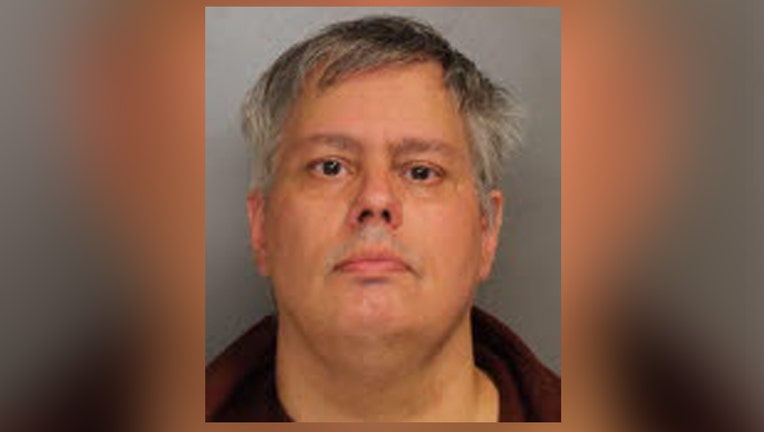Wrongfully convicted death row inmate set free after nearly 30 years

PHILADELPHIA, Pa. - A man who spent nearly three decades behind bars, most of them on death row, after he was convicted at his second trial of killing a 4-year-old girl in Philadelphia was released Friday after prosecutors concluded he very likely did not do it.
Walter Ogrod left death row and the State Correctional Institution-Phoenix hours after his charges were reduced and he was granted bail in the 1988 death of Barbara Jean Horn.
His lawyer, James Rollins, said Ogrod's first stop would be a relative's backyard barbecue.
“He was very pleased and relieved to be out of prison," Rollins said. “He is very tired.”
A prosecutor apologized to Ogrod, who still faces a small chance of a third trial, at a hearing Friday.
“I’m sorry it took 28 years for us to listen to what Barbara Jean was trying to tell us: that you are innocent, and that the words of your statement of confession came from Philadelphia Police detectives and not you,” prosecutor Carrie Wood told Ogrod, according to a news release from Wood’s office.
Ogrod’s lawyers say police coerced a false confession from him in the death of Barbara Jean, who his defense lawyers say may have died of asphyxiation and not blows to the head, as prosecutors argued at trial.
They say that jailhouse informers fabricated statements from him and that eyewitness accounts of a man who left the child’s remains in a box do not match Ogrod’s appearance.
His confession, his lawyers say, had wrong details about the crime’s major elements, including how the child died.
The girl was found by a neighbor in a TV box left on a curbside about 1,000 feet from her home in July 1988. She had head wounds and had been partially wrapped in a garbage bag.
Ogrod, 23 at the time and now 55, lived nearby. He was arrested for the crime four years later while working as a bakery truck driver.
Prosecutors and Ogrod’s lawyers agree there is no physical evidence linking him to Barbara Jean.
Philadelphia Judge Shelley Robins-New vacated Ogrod’s conviction and death sentence Friday, based on prosecutorial misconduct and new evidence that supports his claim of innocence.
Ogrod's lawyers said Friday they are unsure whether authorities have a different suspect.
Ogrod’s first trial ended in a mistrial when one juror announced he did not agree with a not guilty verdict as the foreman was about to read it. He was convicted after a second trial in 1996 of first-degree murder and attempted involuntary deviate sexual intercourse. He has spent most of the intervening years on death row.
Robins-New said she was not able to throw out the case completely but lowered the charge to third-degree murder, giving him the ability to post bail and get released.
The judge ordered a new trial, but prosecutors filed a request to decline to retry him. That motion will be heard by another judge and remains pending.
A review by the Philadelphia district attorney’s office found that there were violations of Ogrod’s right to due process of law and that he had not been provided material from prosecutors that might have helped his defense.
Ogrod likely wouldn't have been executed even if he had stayed on death row. Pennsylvania has executed only three people since the 1970s, the most recent in 1999, and all three voluntarily dropped their appeals.

